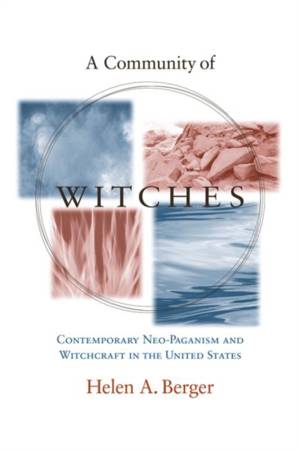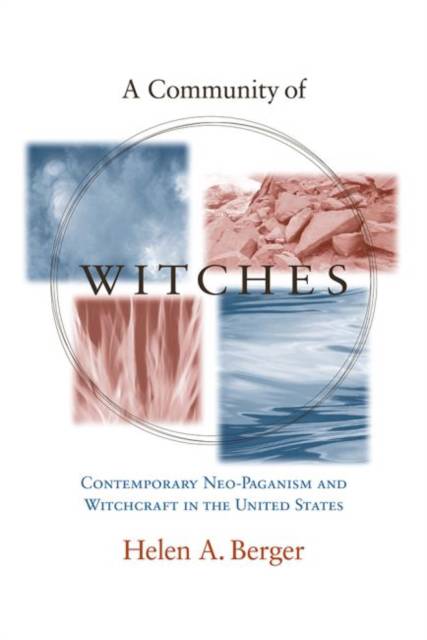
- Retrait gratuit dans votre magasin Club
- 7.000.000 titres dans notre catalogue
- Payer en toute sécurité
- Toujours un magasin près de chez vous
- Retrait gratuit dans votre magasin Club
- 7.000.0000 titres dans notre catalogue
- Payer en toute sécurité
- Toujours un magasin près de chez vous
40,45 €
+ 80 points
Description
A Community of Witches explores the beliefs and practices of Neo-Paganism and Witchcraft-generally known to scholars and practitioners as Wicca. While the words "magic," "witchcraft," and "paganism" evoke images of the distant past and remote cultures, this book shows that Wicca has emerged as part of a new religious movement that reflects the era in which it developed. Imported to the United States in the later 1960s from the United Kingdom, the religion absorbed into its basic fabric the social concerns of the time: feminism, environmentalism, self-development, alternative spirituality, and mistrust of authority. Helen A. Berger's ten-year participant observation study of Neo-Pagans and Witches on the Eastern Seaboard of the United States and her collaboration on a national survey of Neo-Pagans form the basis for exploring the practices, structures, and transformation of this nascent religion. Responding to scholars who suggest that Neo-Paganism is merely a pseudo religion or a cultural movement because it lacks central authority and clear boundaries, Berger contends that Neo-Paganism has many of the characteristics that one would expect of a religion born in late modernity: the appropriation of rituals from other cultures, a view of the universe as a cosmic whole, an emphasis on creating and re-creating the self, an intertwining of the personal and the political, and a certain playfulness. Aided by the Internet, self-published journals, and festivals and other gatherings, today's Neo-Pagans communicate with one another about social issues as well as ritual practices and magical rites. This community of interest-along with the aging of the original participants and the growing number of children born to Neo-Pagan families-is resulting in Neo-Paganism developing some of the marks of a mature and established religion.
Spécifications
Parties prenantes
- Auteur(s) :
- Editeur:
Contenu
- Nombre de pages :
- 176
- Langue:
- Anglais
- Collection :
Caractéristiques
- EAN:
- 9781611173154
- Date de parution :
- 01-06-13
- Format:
- Livre broché
- Format numérique:
- Trade paperback (VS)
- Dimensions :
- 152 mm x 229 mm
- Poids :
- 263 g

Les avis
Nous publions uniquement les avis qui respectent les conditions requises. Consultez nos conditions pour les avis.






